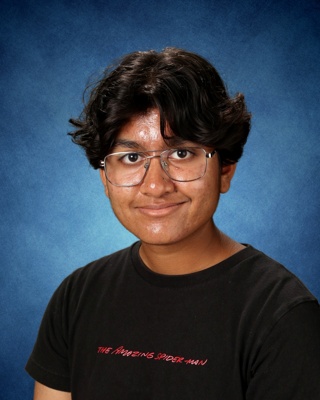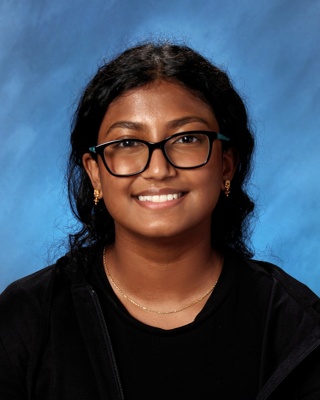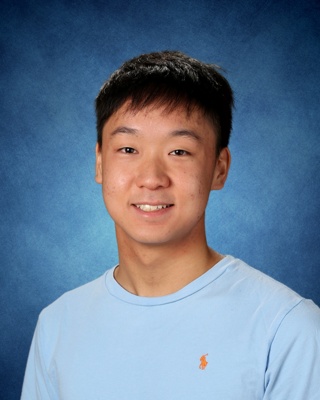What is Affirmative Action?
The class of 2024 has reached their final year at Liberty. College applications and essays are on seniors’ minds as they begin the long admissions process. Some students may be relying on government-supported grants and programs like Free Application for Federal Student Aid (FAFSA). However, one policy in particular has stirred recent controversy over college admission decisions.
Last summer, affirmative action, a federal government policy that increases educational and economic opportunities for disadvantaged groups, was cited by the Supreme Court as violating the Equal Protection Clause of the Constitution. The case, revolving around Harvard and the University of North Carolina’s admissions processes, resulted in the elimination of race-conscious college admission.
As the policy was put in place in the 1960s by President John F. Kennedy and evolved throughout the Lyndon B. Johnson administration, the landmark Supreme Court decision essentially eliminated a policy that had been in effect for around six decades.
Contrary to popular belief, affirmative action was built to give opportunities based not only on race, but also other demographic factors such as ethnicity, gender, and socioeconomic status. For example, the policy has helped working-class women get higher salaries and also helped immigrants in the United States gain social mobility.
Why was it eliminated?
As with many government policies, affirmative action has had a long history of controversy, presenting a key debate of if American policies should prioritize equity or equality.
“Some interpret affirmative action as the government artificially trying to influence institutions to create a false sense of equality, based on statistics,” U.S. history teacher Stephen Darnell said. “This creates conflict as some see this policy as reverse discrimination.”
Chief Justice John Roberts cites this reverse discrimination – the idea that affirmative action’s focus on disadvantaged people ends up hurting those of the majority – as a large reason for the repeal. In his opinion, this creates more inequality in America.
In the Supreme Court’s majority decision, Roberts wrote that the affirmative action policies of Harvard and the University of North Carolina involved racial stereotyping and the unwarranted and unmeaningful use of race in admissions.
However, some argue that the overturning of affirmative action was the result of a political agenda.
“It’s definitely political. It’s definitely about class. It’s definitely about race. It’s definitely about money and a capitalistic system,” world history teacher Peter Kurtz said.
Whether or not this is the case, the elimination of affirmative action had profound lasting impacts on colleges, and students hold a wide spectrum of viewpoints on its repeal.
What was the effect and student opinions?
While the decision may be clear-cut, the effects of it may not be as easy to decipher, since the ruling hasn’t been implemented long enough to see the direct results.
The effects on students may not be transparent, but nevertheless, some colleges are already taking a stance to disrupt any major consequences head-on.
Harvard’s President Claudine Gay issued a statement in which she assured students of Harvard’s continued focus on cultivating a diverse community. She noted that although the elimination of affirmative action may have closed doors for some students, Harvard has dedicated itself to making sure that just as many new doors are opened.
“Colleges are responding to this ruling by developing outreach programs where they go into socioeconomically disadvantaged neighborhoods and school districts to try to educate those students on the enrollment process,” Darnell said.
Students at Liberty have much to say about the topic, with nuanced views from both those who support and oppose the overturning.
According to senior Nidhi Achanta, saying that the policy is unfair implies that the resources and access to opportunities everyone had before were all equal. Achanta believes this is not the case, presenting the example that some may have awards that others never got the chance to achieve.
“University of California Berkeley had a very small percentage of Black students one year because it doesn’t use affirmative action, and that’s really disappointing,” senior Nidhi Achanta said. “Diversity is important to a successful learning environment. Without affirmative action, students will be stuck in a bubble of privilege.”
Unlike Achanta, junior Amelia Matin and senior Jherica Paulino both show support for the Supreme Court’s decision.
“Personally, I don’t believe the shifts of college admissions requirements should be based on race, but rather socioeconomic standings,” Matin said. “Race-based financial aid enforces the stigma around these races – the idea that they aren’t as able as other races.”
“I think that the overturning was beneficial,” Paulino said. “As seniors, we now have the opportunity to be admitted to college without racial bias going into it.”
This hot-button issue may not see true statistics until spring when seniors who applied to college will receive the bulk of their acceptances. Until then, we can only wait.
Sources:
https://www.britannica.com/topic/affirmative-action
https://www.dol.gov/general/topic/hiring/affirmativeact
https://www.npr.org/2023/06/29/1181138066/affirmative-action-supreme-court-decision





